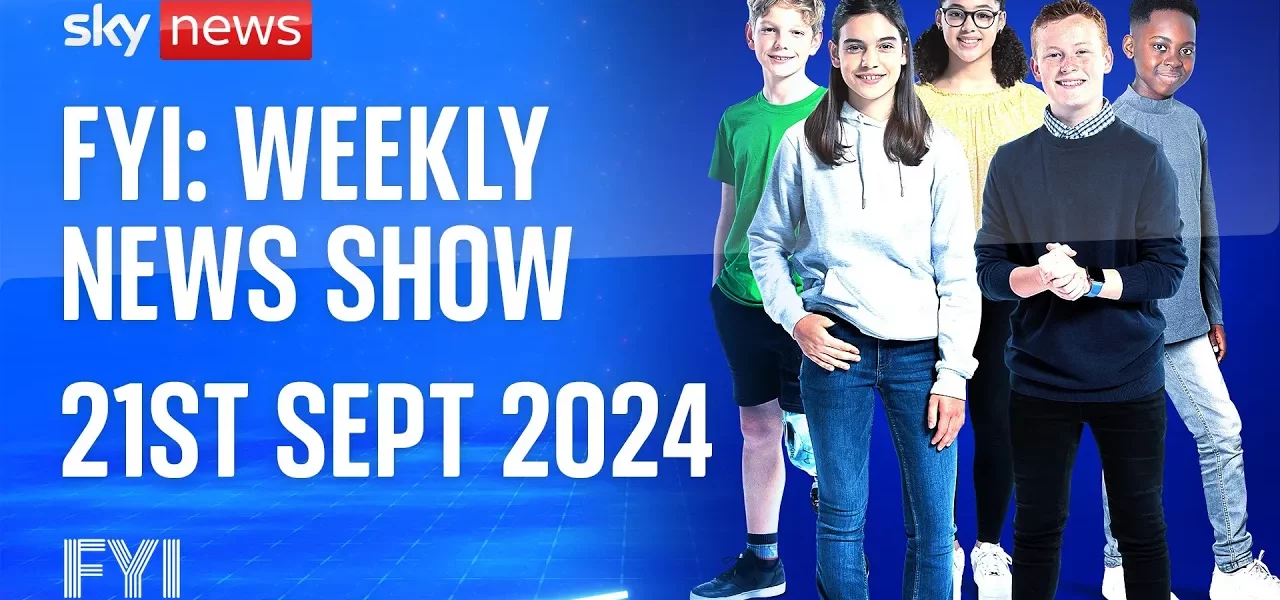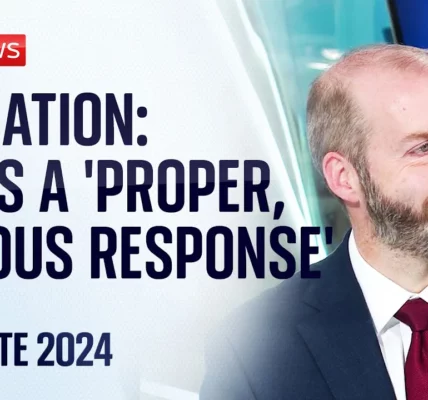Addressing Education and Environmental Issues with Bridget Phillipson

In this article, we explore significant educational topics discussed by UK Education Secretary Bridget Phillipson during her recent visit to a London school. We delve into the government’s plans for education, the impact of fast fashion, and the urgent call for environmental action regarding butterfly conservation.
Introduction
The recent conversation with Bridget Phillipson, the UK Secretary of State for Education, sheds light on several pressing issues affecting students today. With the new labor government in power for over two months, many are eager to understand how these changes will influence education and address the challenges that young people face, particularly in the digital age of misinformation and the environmental crisis stemming from fast fashion.
Government Plans for Education
In the wake of various announcements by the new labor government, the primary focus has been on how these plans will reshape the educational landscape in England. With a myriad of questions from students and educators alike, Phillipson’s insights provide a roadmap for the future of education.
Combating Fake News
One of the significant concerns raised by FYI News Club members was the prevalence of fake news online. Phillipson emphasized the importance of equipping students with critical thinking skills necessary to discern fact from fiction.
- Integration of media literacy into the curriculum
- Encouraging students to question sources of information
- Creating a supportive environment for open discussions about misinformation
Support for Special Educational Needs
With a staggering increase in the number of children with special educational needs and disabilities (SEND) over the past nine years, Phillipson acknowledged the systemic shortcomings in current support frameworks.
- Reviewing existing support mechanisms for SEND
- Implementing expert-led strategies to enhance educational access
- Ensuring inclusivity in school sports and extracurricular activities
The Role of Arts in Education
Addressing concerns about the emphasis on STEM subjects, Phillipson highlighted the importance of arts education, which many students feel has been undervalued.
Balancing Curriculum Offerings
While previous administrations pushed for extended math education, the current government shifts focus toward a more balanced curriculum.
- Recognizing the value of music and drama in holistic education
- Providing equal opportunities for all students to engage in the arts
- Encouraging parental involvement in arts education
Addressing School Attendance Challenges
With alarming statistics indicating that one in fifty children are missing significant portions of school, the government recognizes the need for urgent intervention.
Mental Health Support Initiatives
Phillipson stressed the importance of mental health resources in schools to help students overcome barriers to attendance:
- Expanding access to mental health professionals in schools
- Developing programs that support students with chronic health conditions
- Implementing awareness campaigns to destigmatize mental health issues
Fast Fashion and Environmental Concerns
Following the educational discussion, the conversation shifted towards environmental issues, particularly the impact of fast fashion on the planet.
The True Cost of Cheap Clothing
Fast fashion has made clothing affordable, but at what cost? The environmental toll and ethical concerns regarding garment workers cannot be ignored.
- Over 60 billion pounds spent on clothing annually in the UK
- Less than 1% of discarded clothing recycled
- Significant water usage and chemical pollution involved in garment production
Encouraging Sustainable Fashion Practices
Experts suggest several ways to mitigate the negative impacts of fast fashion:
- Opting for second-hand clothing and thrift shopping
- Learning to repair and maintain clothes to extend their lifespan
- Participating in clothing swaps and community initiatives
Conclusion
Bridget Phillipson’s insights provide a comprehensive overview of the government’s educational initiatives and the urgent need for environmental action. The discussions highlight the necessity for critical thinking, support systems for SEND, and a balanced curriculum that values the arts. As we face the challenges of misinformation and environmental degradation, it becomes imperative to instill these values in the younger generation. For more information on these topics and to stay updated on educational reforms, visit our related articles on education and environmental sustainability.
“`




